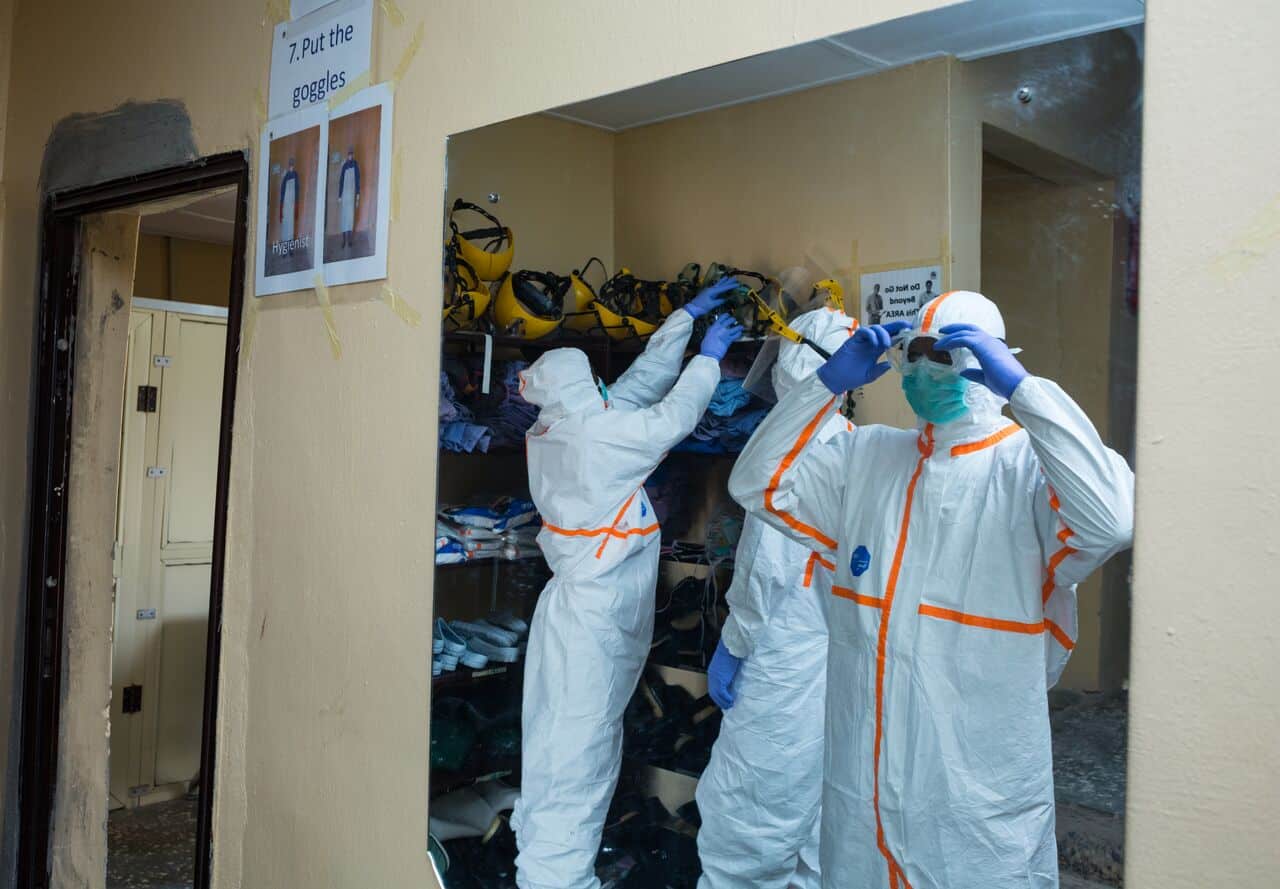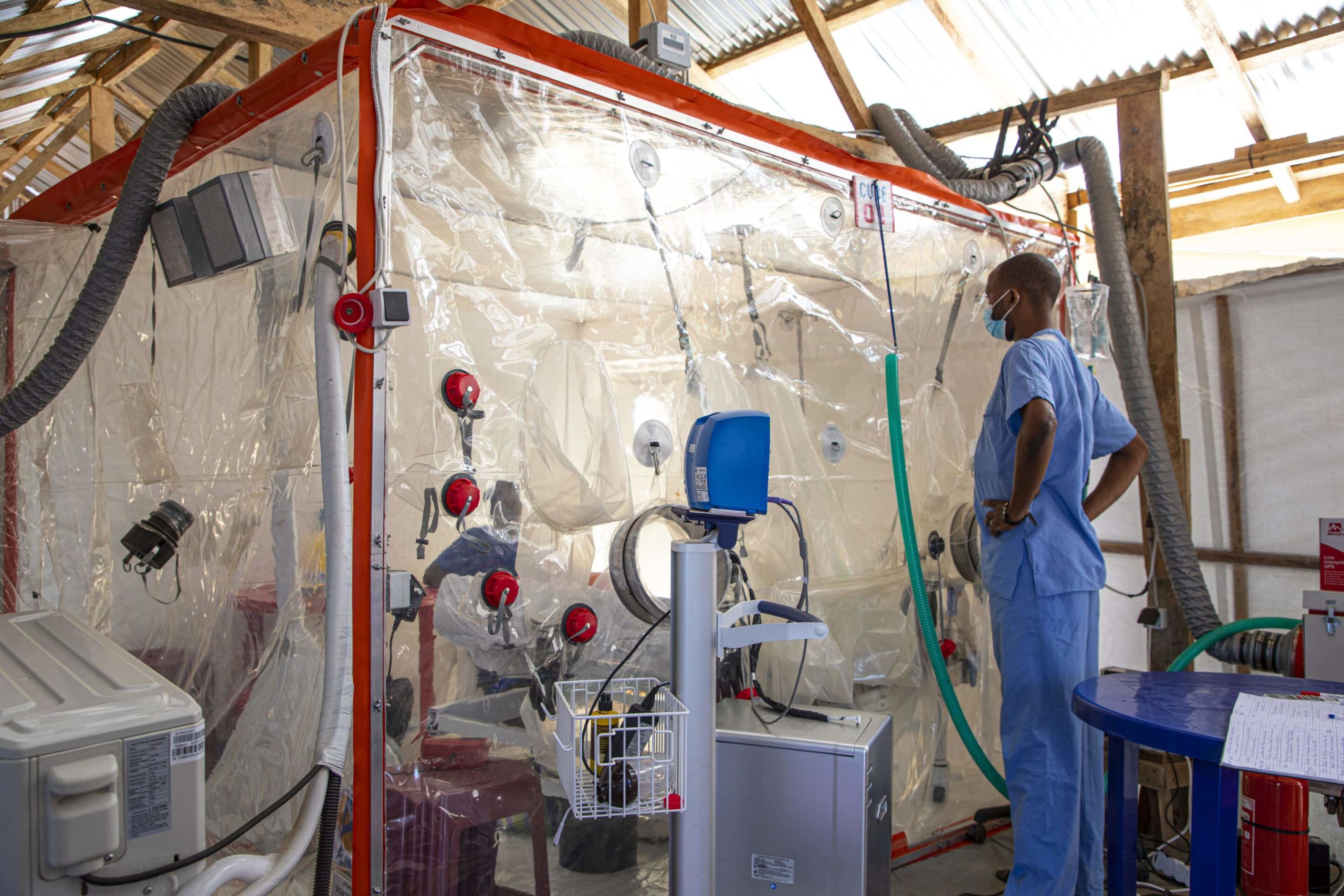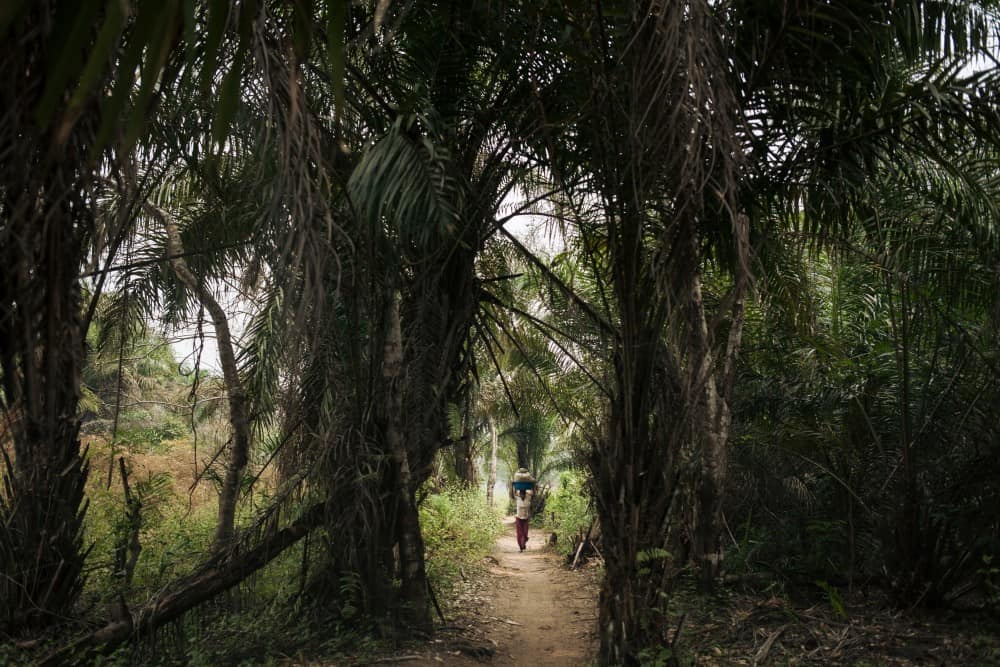In 2018, about 5.3 million children worldwide died before their fifth birthday, most of these diseases could be prevented and treated, including pneumonia. To improve the detection of seriously ill children and reduce child mortality, one of the most effective measures is to ensure that tools for screening for serious diseases are available and accessible in primary health centres.
ALIMA (The Alliance for International Medical Action) is coordinating the implementation of the AIRE project, which will be developed for a period of 36 months in four African countries – Mali, Guinea, Niger, Burkina Faso – where respiratory infections are one of the leading causes of death in children under 5 years of age. The AIRE project consists, among other things, in integrating the use of a diagnostic tool, the pulse oximeter, during consultations in primary health centres. The use of pulse oximeters (portable and easy-to-use devices to measure oxygen saturation in the blood) will improve the identification of the most seriously ill children who need to be referred to a hospital.
Commonly used in high-income countries, and recommended by the World Health Organization (WHO), pulse oximeters are rarely available, or do not function properly for the infants who need them most.
According to Augustin Augier, Executive Director of ALIMA: “Because of a late detection of a disease, too many children die every day. ALIMA is proud to work with Unitaid on this project. The objective of the latter is to identify children at risk by increasing the use of devices that are essential to improving health services. In countries with the greatest needs in West Africa, the impact of this approach will be particularly significant.”
To implement this project, ALIMA has formed a consortium composed of medical NGOs in the field and a research institute, Inserm. This consortium combines a perfect knowledge of the countries of intervention with research expertise. Leader of the consortium, ALIMA is implementing the project in Guinea and Mali; Terre des hommes in Burkina Faso and in a district in Mali, Solthis in Niger, and Inserm is responsible for the research component.
*More information about PATH and the Tools for Integrated Management of Childhood Illness (TIMCI) project: https://www.path.org/articles/ushering-new-era-pneumonia-control/
*Listen to an interview with the AIRE project coordinators on the Deutsche Welle: https://www.dw.com/fr/rendre-accessible-loxym%C3%A8tre-de-pouls-pour-sauver-des-vies/av-51660254
**Photo : What Took You So Long / ALIMA



